This week, Fruithandel Wouters began sorting its new PiqaBoo® crop. After the first full year of sales, the company from Rummen, Flanders, aims to build on the foundation it established, says Kris Wouters. "Despite the tough conditions in spring, the young trees produced remarkably high yields of pears, which means we have slightly more volume again than last year. Moreover, we want to take further steps in promoting this variety in Europe."
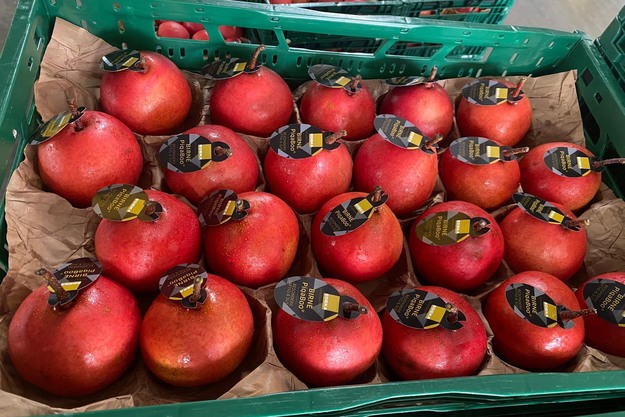
The first few months of 2024 were challenging for pears. Heavy rainfall and frost significantly impacted yields across nearly every variety, as Belgian stocks revealed last week. "In that context, it's very positive that the young PiqaBoo trees managed to escape this trend. The volume is still limited, of course, because we are working with young trees, but these were completely full. While many varieties, especially on young trees, had almost no pears, we had to thin the PiqaBoo trees because there were too many. That's a great position to be in as we approach the new marketing season with good volumes."
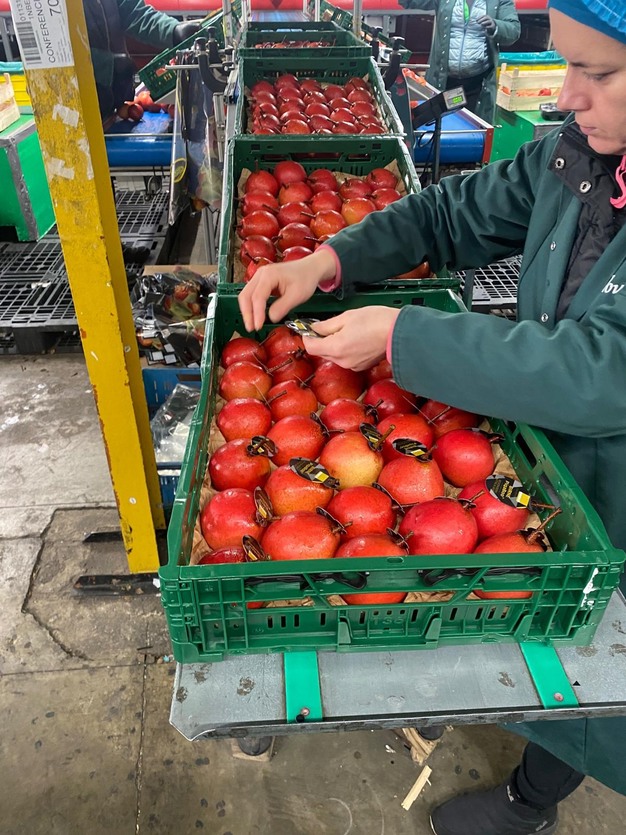 "In that sense, the PiqaBoo is different from other varieties," Kris continues. "While many are easier to grow, they are also more sensitive to weather conditions. PiqaBoo requires a different approach, which can intimidate some growers. Some aspects are entirely different from the usual—pruning is different, thinning must be done at a different time, and harvesting requires 2-3 rounds to achieve proper coloring. It's a different approach, and growers need to adapt. I might push growers a bit, but it's always easier to sell a high-quality product than a mediocre one. So, we strive to produce optimal pears."
"In that sense, the PiqaBoo is different from other varieties," Kris continues. "While many are easier to grow, they are also more sensitive to weather conditions. PiqaBoo requires a different approach, which can intimidate some growers. Some aspects are entirely different from the usual—pruning is different, thinning must be done at a different time, and harvesting requires 2-3 rounds to achieve proper coloring. It's a different approach, and growers need to adapt. I might push growers a bit, but it's always easier to sell a high-quality product than a mediocre one. So, we strive to produce optimal pears."
"That said, there is plenty of enthusiasm among growers, and those who take up the challenge are motivated. For example, 20,000 trees will be planted this winter across various growers in Belgium. It's encouraging for them to see that even young trees can yield a fair amount of fruit. On the other hand, everyone knows this variety produces fewer kilos as the trees mature, so as traders, we need to sell it at higher prices to make it worthwhile for growers."
European market
Regarding the market, the focus is primarily on Europe. "Until last year, we sent pears to the Asian market, mainly China and Vietnam, where we knew they were popular. New Zealand also sells PiqaBoo there in significant volumes at good prices. However, since last year, we've chosen to target the European market, provided they are willing to pay the same prices as Asia. We want to gauge consumer reactions here, as PiqaBoo has a unique taste compared to familiar varieties. It's also slightly more expensive. Additionally, we want to mitigate risks by diversifying markets. In the past, we focused too heavily on one market for pears, which seemed easy at the time but left us vulnerable when that route suddenly declined. As a result, we are now exploring whether there are European buyers interested in PiqaBoo and if it gains traction."
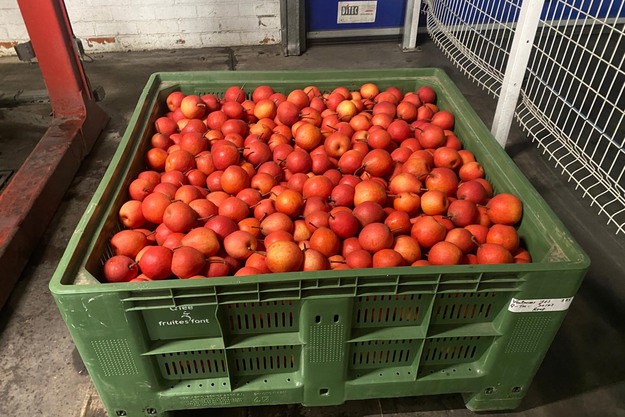
This approach has paid off, as last year, Delhaize in Belgium and Edeka in Germany took a chance on the variety. "This year, they're increasing their volumes," Kris notes. Those interested in the pears should act quickly, as Kris says they will likely only be available in December. "We've chosen to market them during the festive season, offering something special for shelves at this time. Whether they will all sell in December remains uncertain—it depends on demand—but last year, they did. This year, we have a bit more volume, and PiqaBoo has an exceptionally long shelf life, allowing it to be stored into the new year. However, I doubt we'll see that this year, as we're confident sales will go as well as last season when feedback was very positive."
Step by step
Looking ahead, Kris doesn't rule out exploring other markets beyond Belgium and Germany. "Next year, we anticipate a significant increase in volumes, so we might reconsider other markets. We may send more to Asia again. Last year, we shipped to the Middle East for the first time, and it went very well. It's a market where we could sell slightly smaller pears at good prices, so we might consider more shipments there this year or next. We've received interest from various countries, so it's possible we'll explore opportunities with other nations and supermarkets in the future.
It's a learning process, with us improving in both growing and trading each year. I can't predict what we'll do in five or ten years. We are naturally cautious and prefer to take things step by step. Each year, we reassess and plan our next moves, and that's how we'll continue," Kris concludes.
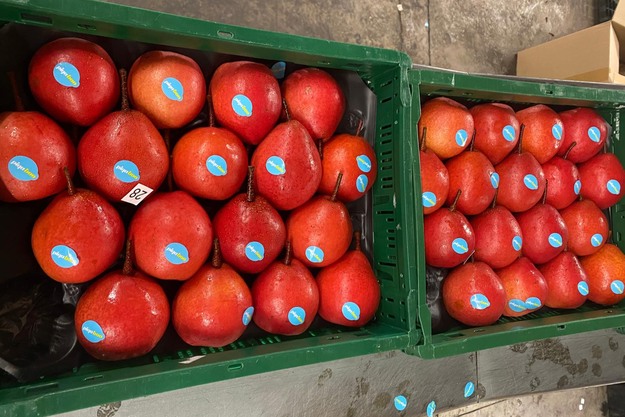
For more information:
Kris Wouters
Fruithandel Wouters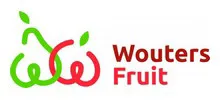
Tel: +32 (0)475283696
[email protected]
www.woutersfruit.be
